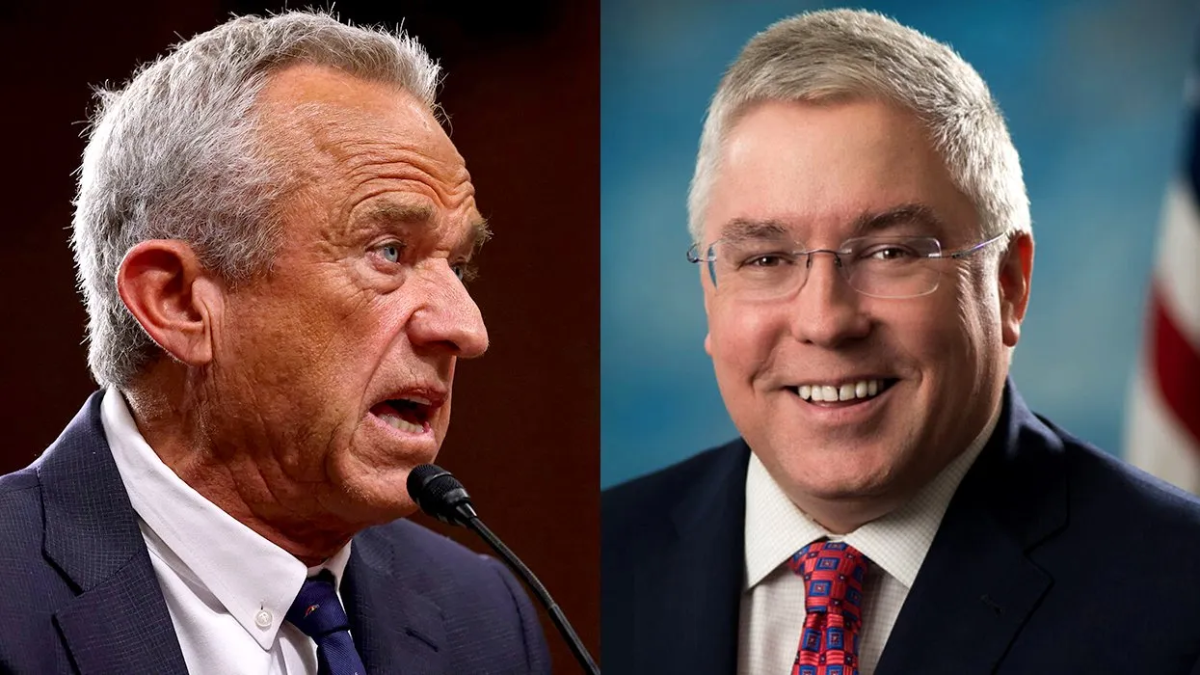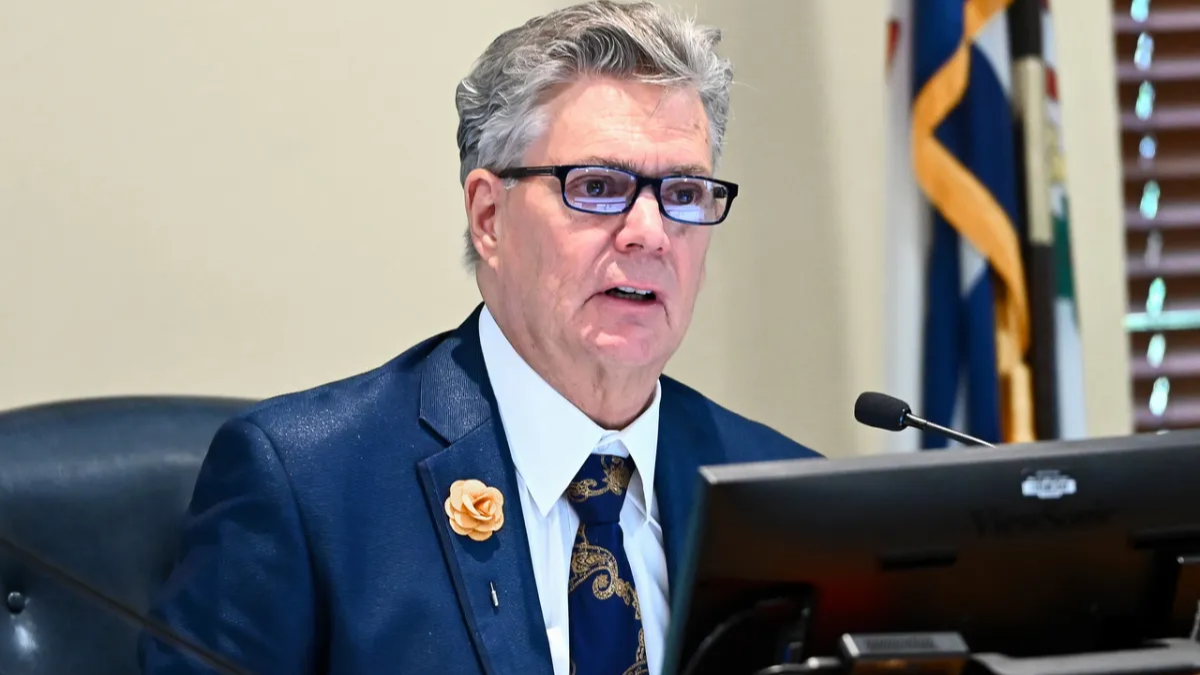In a stunning string of events, presidential candidate Robert F. Kennedy Jr. has ignited a national controversy. Within days, he insulted West Virginia Governor Jim Justice with a personal jab, proposed the termination of 10,000 federal employees, and unveiled a legislative agenda that left Wall Street shaken and healthcare professionals alarmed.
It’s more than just headline drama. Behind the attention-grabbing moments is a sweeping policy proposal that would drastically reshape the Department of Health and Human Services (HHS), redefine the role of the federal government in public health, and tighten restrictions on the pharmaceutical industry.
A Personal Jab with Political Weight
The controversy began at a recent campaign event when RFK Jr. mocked Governor Jim Justice’s physical appearance, calling him “a symbol of bloated government.” While the insult was directed at an individual, it was also a metaphor for Kennedy’s broader criticism of what he sees as an overgrown and inefficient federal system.
His comments drew sharp criticism from political figures across the country, with many calling them inappropriate and distracting. But Kennedy defended his remarks, arguing that America needs a wake-up call about excess in government at every level.
A Plan to Cut Deep at HHS
Beyond the rhetoric, Kennedy introduced a legislative plan that would eliminate 10,000 jobs at HHS. His campaign claims the cuts would target administrative bloat and reduce federal health spending, shifting more control and funding to individual states.
The proposal outlines key reforms, including reducing administrative overhead, decentralizing health program management, and introducing new oversight boards to monitor pharmaceutical policy. Kennedy insists this is about streamlining services, cutting costs, and restoring trust in public institutions.
Critics argue the move would destabilize crucial services like disease prevention, maternal health programs, and rural clinic support. The sudden loss of federal support could leave vulnerable communities with fewer resources and limited access to care.
Market Reaction and Corporate Pushback
Kennedy’s proposals didn’t stop at government restructuring. He also announced plans to overhaul the pharmaceutical approval process, accusing drug companies of having too much influence over national health policy.
The market reacted swiftly. Investors pulled back from biotech and healthcare stocks amid fears of tighter regulations and longer approval times for new drugs. Market analysts expressed concern about uncertainty, noting that such dramatic reforms could undermine investment in health innovation.
Who’s Affected?
The groups most likely to be impacted by this proposal include HHS employees, many of whom could face job losses, particularly in administrative and compliance divisions. Low-income families and rural communities may also experience reduced access to essential health services if state systems are unable to fill the gap. Meanwhile, pharmaceutical companies and healthcare investors are bracing for a wave of regulatory uncertainty that could reshape the industry’s landscape.
A Shift in Health Policy
Under the current system, healthcare spending is largely managed at the federal level, with a strong focus on centralized oversight and FDA-led drug regulation. Kennedy’s plan would scale back federal involvement, handing more control to states and shifting regulatory power to independent boards.
Annual healthcare spending, which currently exceeds $1.7 trillion, would be trimmed under Kennedy’s proposal by reducing administrative costs and eliminating what he calls “corporate interference in public health.”
What Comes Next?
Though the proposal has yet to reach Congress, Kennedy’s team says the draft legislation is nearly ready. If elected, he plans to make it a top priority in his first 100 days. Supporters view it as a bold move to reclaim government from special interests. Detractors call it reckless and dangerous.
Regardless of the political outcome, one thing is clear: RFK Jr. is challenging the status quo in ways that are forcing both voters and institutions to take notice. Whether this momentum leads to lasting change or political collapse remains to be seen.










